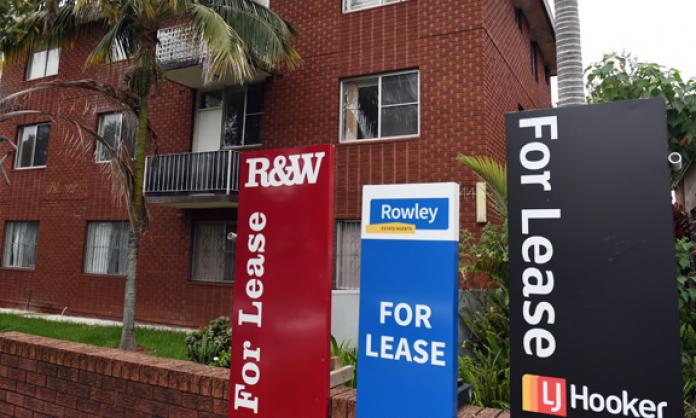A rent crisis is pushing thousands of people into poverty and to the suburban fringes of the east coast capitals, particularly Sydney and Melbourne.
According to SGS Economics and Planning, a consultancy firm, pretty much every suburb in Melbourne, Sydney and Brisbane is “extremely unaffordable” (60 percent or more of income spent on rent) for a single person on Newstart looking for their own place.
For a three-person share house with “acceptable” rent – that is, no more than 25 percent of income – students in Melbourne need to go west of Sunshine, north of Broadmeadows or south-east to Dandenong. Everything else is some variant of unaffordable – moderate, severe or extreme.
Brisbane students have it slightly better, having to look south only as far as Sunnybank, right near Griffith University.
But for students in Sydney, there are basically no “acceptable” areas. SGS lists the closest areas as Nowra, Lithgow or Cessnock (where they could share with students from Newcastle University). To get out of the extremely and severely (38-60 percent of income) unaffordable zones, students have to go west at least to Lakemba or Granville.
Of course, people don’t take only what’s acceptable. The inner cities are still home to single mothers, students and the unemployed because the CBDs and their surrounds are where most of the jobs and universities are. But even suburbs 15 kilometres or more from the CBD are now expensive.
Council to Homeless Persons chief executive Jenny Smith told the Herald Sun: “[I]t’s a choice of living somewhere unaffordable or severely unaffordable. It’s a dire situation to be in if you’re a single parent, struggling to look after children, scraping by on a low income and trying to find a place to live”.
People on low incomes have to sacrifice: a meal here, a meal there; a blanket, but not the heater; the light on in one room at a time; the thought of something nice every now and again, but just the thought.
And despite all the commentary about young people today not knowing how to sacrifice like previous generations, 25-30 year olds spend a significantly smaller proportion of their income on food and booze, and significantly more on housing, than their equivalents several decades ago.
Rents are now stabilising or falling in most parts of the country, but prices grew well above the rate of inflation for a decade before now; with wages stagnant for the better half of a decade and penalty rates under the chop, the rental crisis is not going away any time soon.
What we need is a massive injection of public housing, not only to guarantee everyone a roof over their head, but to undercut the market dramatically. Housing should be a right, not a commodity.








